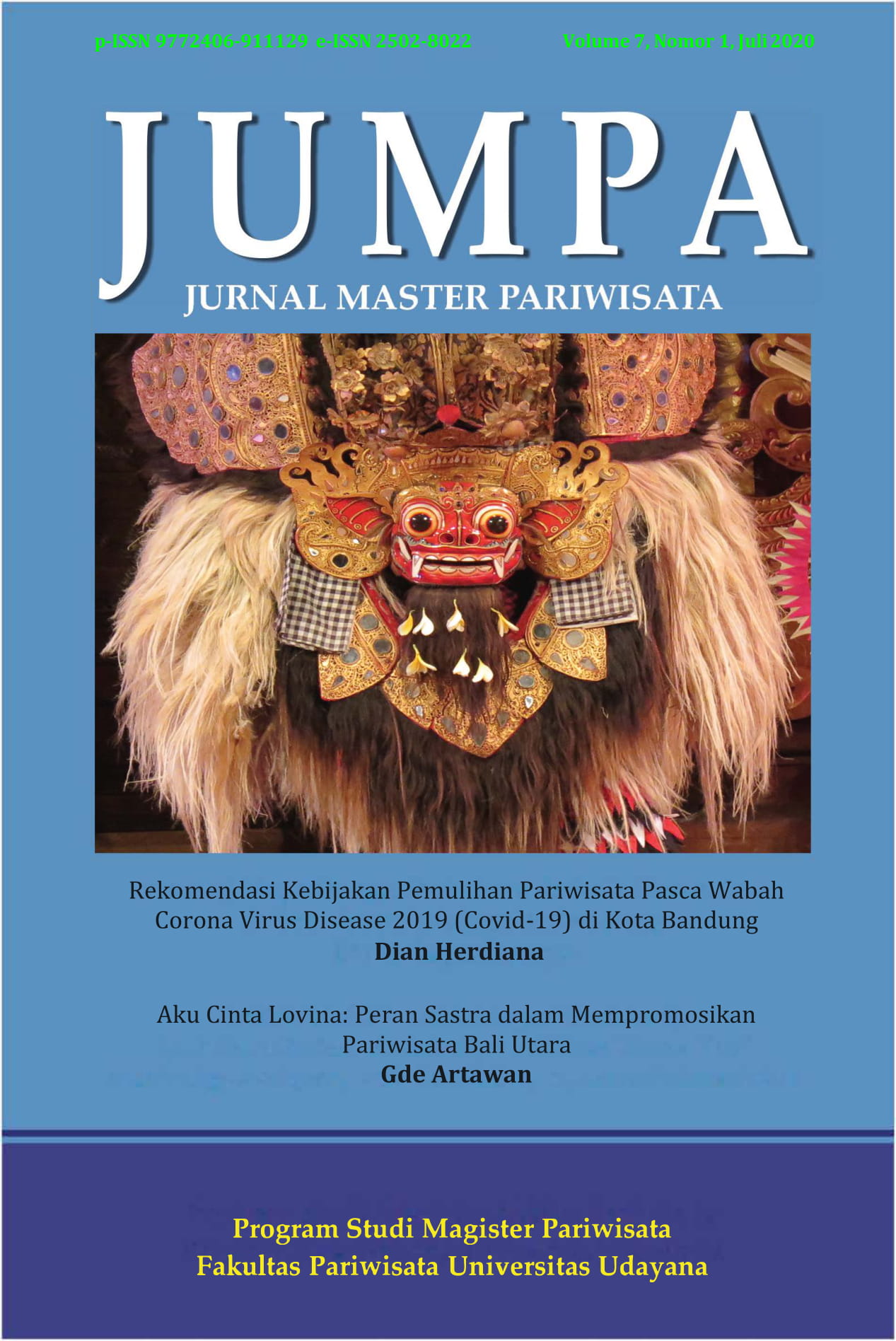Pengembangan Desa Wisata di Kawasan Agrowisata: Perspektif Teori Strukturasi
Abstract
The second largest foreign exchange earner from the tourism sector. The tourism sector in Indonesia grown by 25.68% in recent years. Very much different from the growth of the tourism industry in Southeast Asia that only 7%, as well as the growth of the world tourism industry which is only 6%. Opportunities in the tourism sector are quite prospective, in addition to being one of the producers of economic growth, the tourism sector is expected to encourage the growth of other sectors, such as the plantation, agriculture, trade, industry and others. This study was analyzed using structuration theory that aims to find out how the communication made by agents in the development of Pulesari Tourism Village, Turi District, Sleman Regency, Special Region of Yogyakarta. The method used in this research is a qualitative method with a case study approach. Research data obtained from field observations, in-depth interviews, and documentation. The results of the study explain how the structuring process that takes place through the rural tourism program can improve the village economy, and have an impact on increasing the income of its people by increasing employment opportunities.
Keywords: Structuration, Agro-tourism Development, Tourism Village














